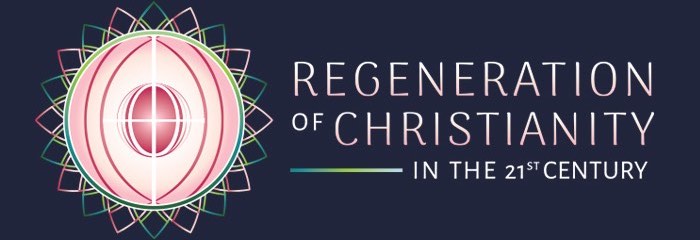New Earth 101 – What you judge in others reflects what you judge in yourself
- September 7, 2022
- Posted by: Michael Hallett
- Category: New Earth 101

Judgment is one of the great themes of the Bible. It contains many passages referring to both individual and collective judgment. But what does it mean? Why do we judge? Why shouldn’t we judge?
Don’t judge others
I’m going to approach these questions through three statements from Jesus:
“You can see the speck in your friend’s eye, but you don’t notice the log in your own eye.” (Matthew 7:3)
“First, take the log out of your own eye; then you can see how to take the speck out of your friend’s eye.” (Matthew 7:5)
“Don’t judge others, and God won’t judge you.” (Luke 6:37)
Notice how each of these verses has two halves. The second half mirrors the first, with a small but significant difference. A mirror works two ways. That means all these verses can be read back-to-front with equal truth:
You can’t see the log in your own eye because you’re focused on the speck in your friend’s eye.
You will stop judging others when you stop judging yourself.
If you judge you will be judge—and found wanting.
Can you see how intimately related judging others and ourselves is?
We never judge randomly
I’d like to suggest this connection goes even deeper. What you judge in others reflects what you judge in yourself. Not just the high-level act of judging, but the detail itself.
The exact subject matter.
The specific thing you judge in others reflects a specific thing you judge in yourself.
It’s there in Matthew 7:3. We note the difference in size between the log and the speck. What we don’t see is their similarity: both are made of wood. One reflects the other.
We never judge randomly, only specifically. We never judge without reason, without an emotional trigger. The only reason we judge anything in others is to smother the pain of judging ourselves.
Let me turn that sentence around and mirror it back another way. Judging others is a coping mechanism to deal with the pain of self-judgment.
Which is why judging is always a specific reaction to our own self-judgment.
How does that work?
Blaming and shaming
Let’s say a person disapproves of the sexual orientation of others. Here in the UK, the Church of England has just reaffirmed its 1998 resolution opposing same-sex marriage.
I’m not going to judge. Instead, I’m going to show you a set of emotional mechanics—the mechanics Jesus points to in the verses above.
If someone judges others based on, say, their sexual orientation, that means they harbour a deep, unconscious uncertainty about their own sexuality. Uncertainty breeds fear.
If that uncertainty didn’t exist there would be no fear, no trigger, no judgment.
That fear can be triggered by the slightest actions of others—“the speck in your friend’s eye.”
When fear is triggered, it becomes emotionally inflamed. We experience a deeply unpleasant mix of anxiety, shame, and rage. We cope with this toxic emotional cocktail by externalising it through blame. Who gets blamed? The person who triggered it.
Judging is an emotional smokescreen. By becoming ‘all het up’ about what someone else is doing we divert attention away from our own woundedness—“the log in your own eye.”
We divert attention from our self-judgment because we’re not ready to deal with it. In the first principle of this New Earth 101 series, I wrote that truth is always unacceptable. Judging others is the process of rejecting our own truth in action.
Ceasing to judge means assuming responsibility for our own feelings.
By assuming responsibility for (a) judging others and (b) the underlying self-judgment, you can “take the log out of your own eye”. By removing the trigger, you end the judgment of others. This is how you “take the speck out of your friend’s eye.”
This is what Jesus asks us to do.
The gates of the city
What if we don’t? How does God judge us?
In my view, the answer to this lies in one of the most critical verses in the Bible, from the final chapter of the Book of Revelation:
“God will bless all who have washed their robes. They will each have the right to eat fruit from the tree that gives life, and they can enter the gates of the city.” (Revelation 22:14)
Remember, the Tree of Life stands in contradistinction to the Tree of Knowledge of Good and Evil. The implication is that we stop feeding from the latter and begin feeding from the former.
What is the fruit of the Tree of Knowledge of Good and Evil? Judgment. Polarity. Division. Separation. This or that. Either/or. Us and them. With us or against us.
This fruit is divided against itself, right down to the cellular level. Those who feed on it—the whole of fallen humanity—cannot “enter the gates of the city”. I believe that ‘washing our robes’ refers to the long and arduous task of undoing all unconscious self-judgment.
That city is the New Earth. It is, quite simply, a world free from judgment.
Photo by Fares Hamouche on Unsplash
